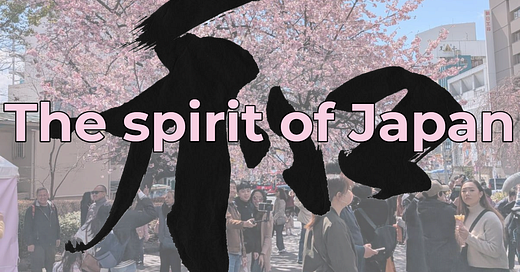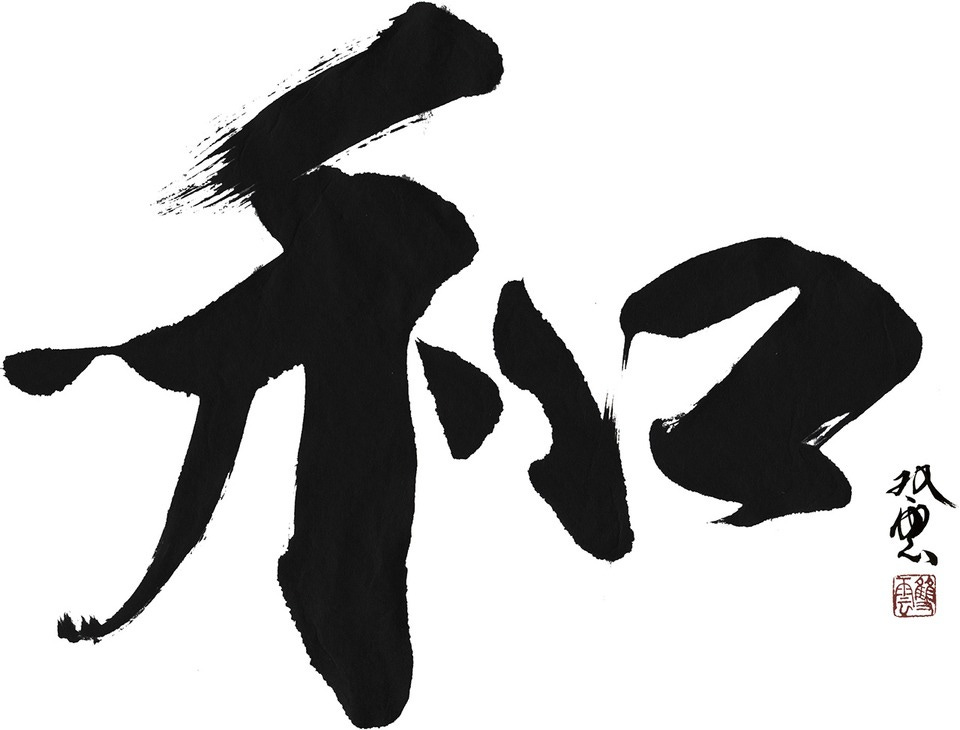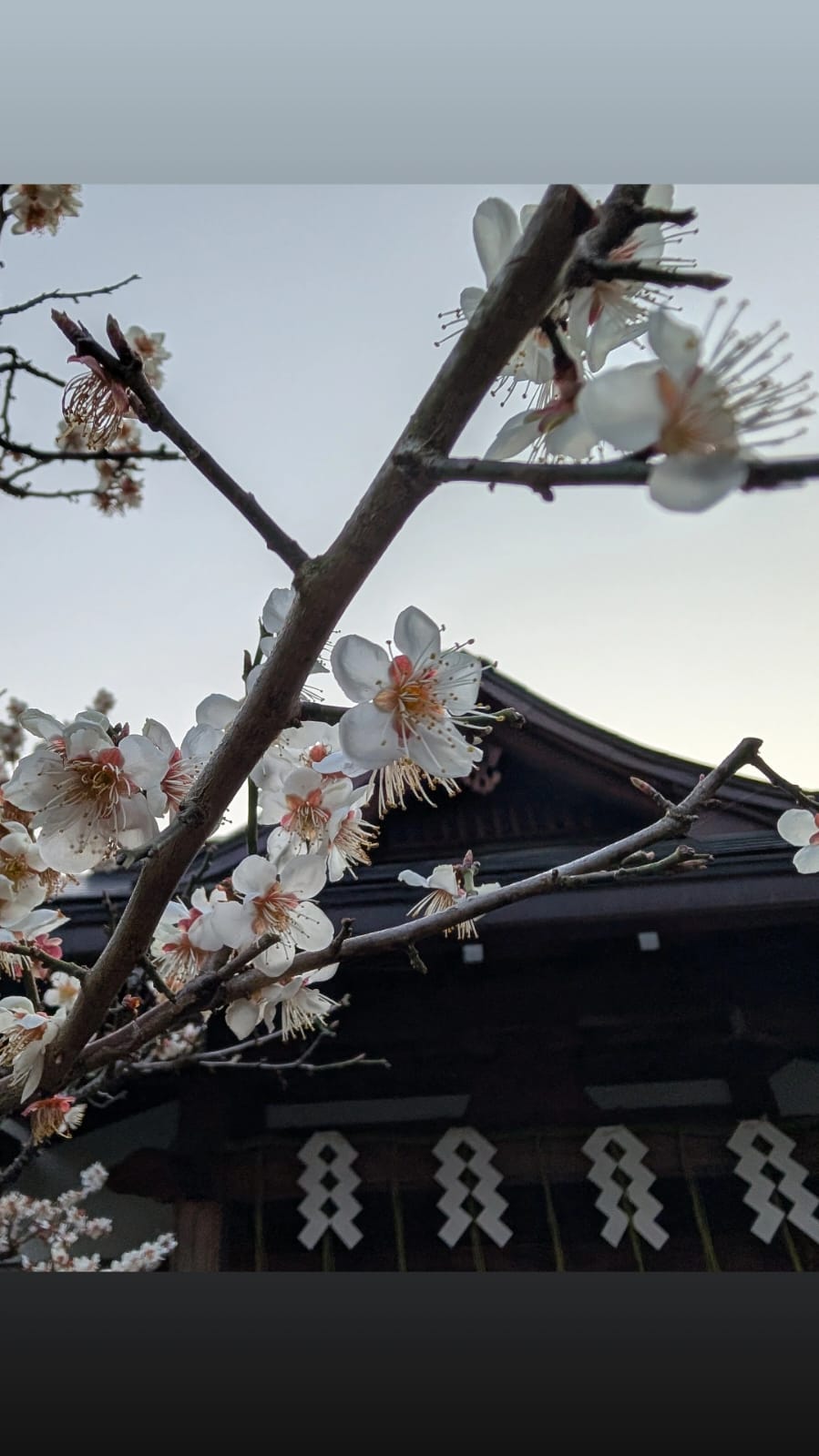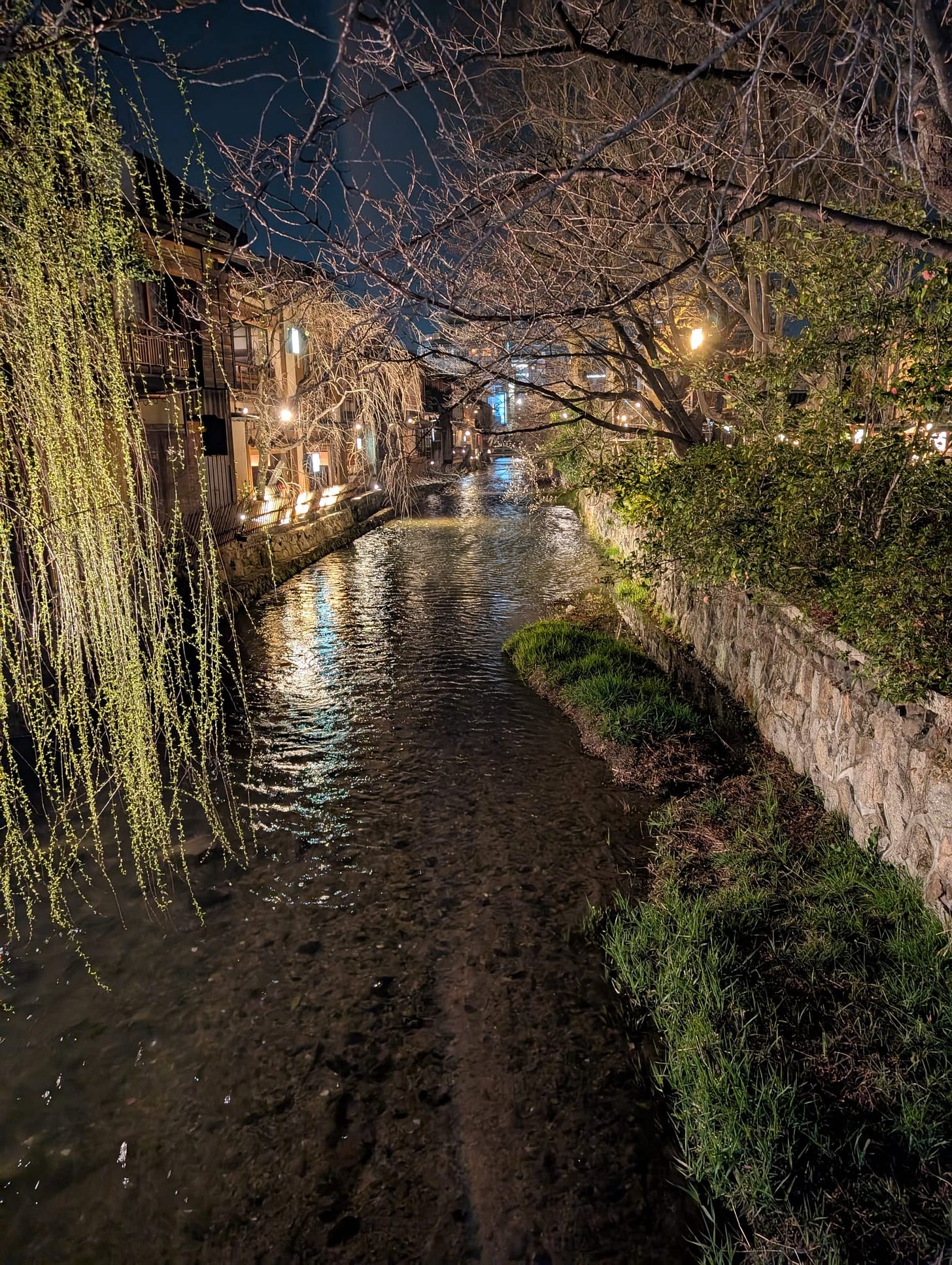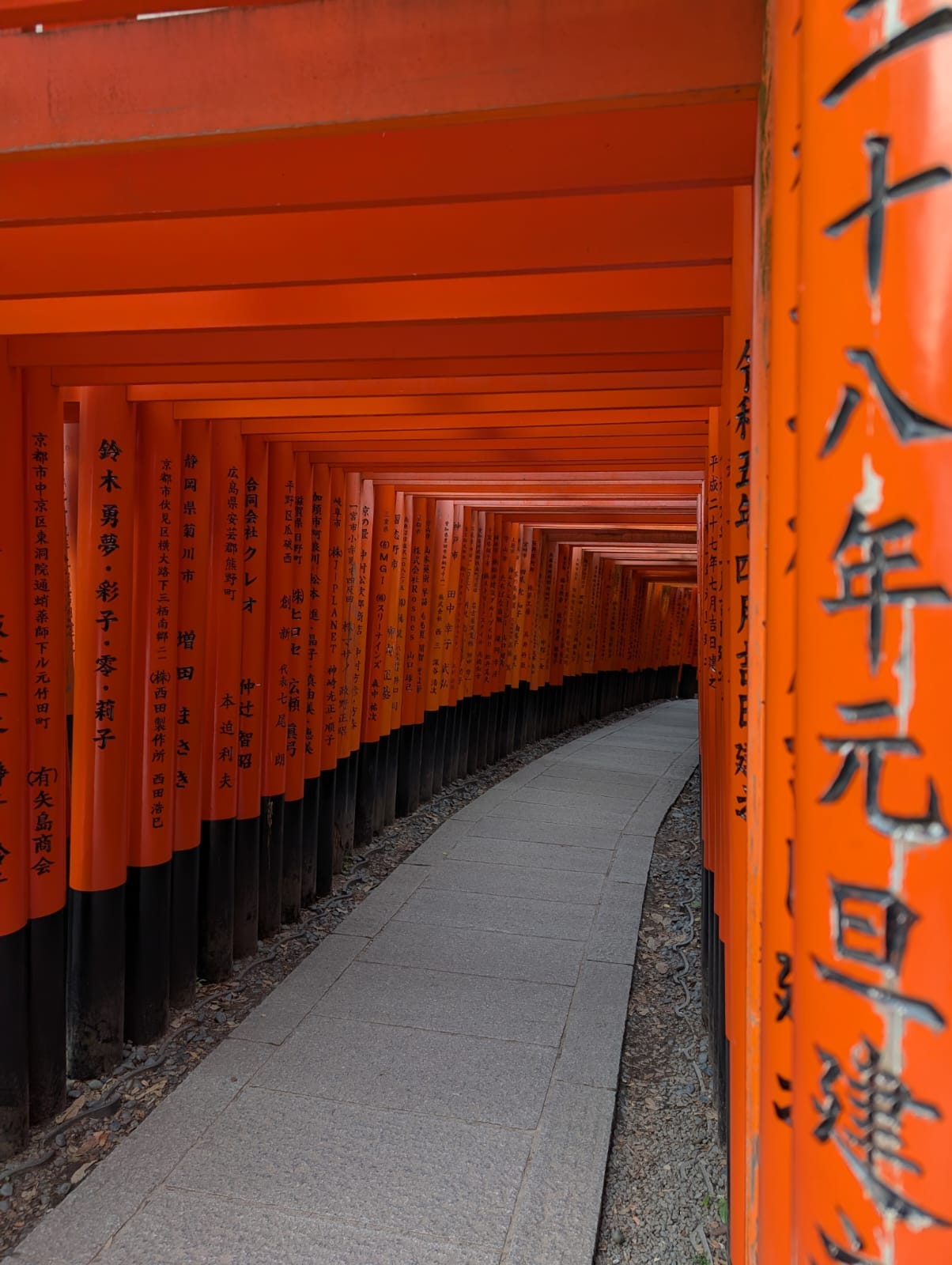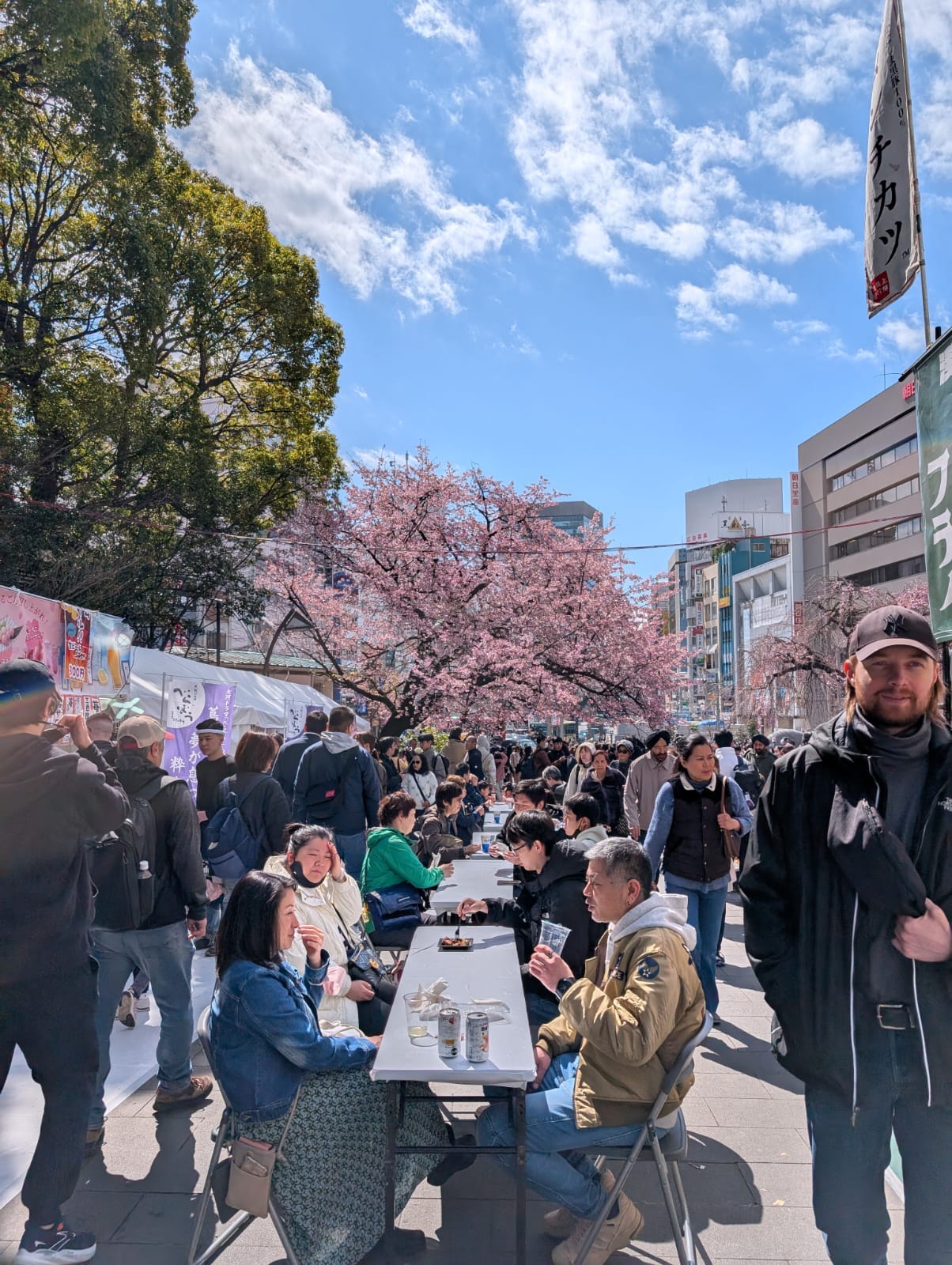Lost in Japan: The spirit of Wa
From Silence to Self-Discipline: The Philosophy That Shapes Japan
There’s a quiet revolution happening in Japan—not through grand gestures or loud proclamations, but through the subtle, deliberate ways people live their lives. It’s a revolution of balance, respect, and care. It’s called wa, and it’s not just a concept—it’s a way of being.
My first trip to Japan was more than just a vacation; it was an education. I didn’t just see temples or taste sushi—I learned how harmony, beauty, joy, and even wealth are built day by day through effort, self-discipline, and an unwavering consideration for others.
In Japan, wa isn’t an abstract ideal; it’s the foundation that holds everything together.
The Essence of Wa
At its core, wa is about balance—between people, nature, and even within oneself. But it’s not passive; it’s active. It requires effort, intentionality, and a deep respect for the interconnectedness of life.
In Japan, this philosophy manifests in countless ways:
Streets are spotless not because there are trash bins everywhere (there aren’t), but because people take responsibility for their own waste.
Trains run precisely on time—not just as a matter of efficiency but as an act of respect for passengers’ schedules.
Even the smallest interactions—like handing over change with both hands—are imbued with care and thoughtfulness.
This isn’t about perfection; it’s about fostering balance. And that balance is maintained not by taking advantage of others but by contributing to the greater good.
Respect at the Table
One of the most striking examples of wa is found in Japanese dining culture. Food isn’t just sustenance—it’s an experience meant to be shared and savored without disruption. This is why diners are often asked to refrain from wearing strong perfumes or colognes when visiting restaurants, particularly those serving delicate cuisines like sushi or kaiseki.
The reasoning is simple yet profound: strong scents can interfere with the subtle aromas and flavors of the food, diminishing not only your enjoyment but also that of those around you—including the chef, whose craft relies on precision and sensory balance.
Picture sitting at a sushi counter where every piece of nigiri is crafted with meticulous care—the temperature of the rice, the freshness of the fish, the touch of wasabi—all calibrated to perfection. Now imagine that delicate experience being overshadowed by an overpowering fragrance. It’s not just about etiquette; it’s about preserving the harmony between diner and dish.
This small yet significant practice embodies wa—the idea that true joy comes not from asserting yourself but from creating space for others to enjoy as well.
Finding Beauty in Imperfection
Japan taught me something unexpected: harmony doesn’t mean erasing flaws; it means embracing them. This philosophy is captured in wabi-sabi, the art of finding beauty in imperfection and impermanence.
It’s in the crack on a ceramic tea bowl that tells its story. It’s in the fleeting bloom of cherry blossoms that remind us life is precious precisely because it doesn’t last forever. It’s in the weathered wood of an ancient shrine that carries centuries of history in its grain.
Wabi-sabi complements wa beautifully—it teaches us that balance isn’t static; it shifts and evolves as we do.
Effort as a Path to Balance
What struck me most about Japan wasn’t just its beauty or efficiency—it was how everything seemed to be built with care and intention. Joy isn’t stumbled upon here; it’s cultivated through daily effort and self-discipline.
Take Japanese cuisine: every dish I tasted wasn’t just food—it was a testament to years (sometimes decades) of practice and refinement. A bowl of ramen wasn’t simply noodles and broth; it was an orchestra of flavors balanced perfectly through countless iterations. A piece of sushi wasn’t merely fish on rice; it was an expression of mastery honed over time.
But this effort isn’t self-serving—it never comes at someone else’s expense. In Japan, success is measured not by how much you can take but by how much you can give while maintaining balance within yourself and your community.
The Power of Silence
Silence in Japan isn’t awkward or empty—it’s full. Full of presence, intention, and respect for others’ peace. On trains or buses, people speak softly or not at all so as not to disturb those around them. In temples and gardens, silence invites reflection—not just with your surroundings but within yourself.
This silence taught me something profound: harmony isn’t just external—it starts from within.
A Manifesto for Living with Purpose
If there’s one thing I took away from my time in Japan, it’s this: harmony isn’t something that happens to you—it’s something you create through effort and intention. It’s about showing up every day ready to contribute your best without taking from others. It’s about finding beauty in imperfection and joy in small moments. And it’s about understanding that true wealth comes not from accumulation but from balance—within yourself and with the world around you.
Japan didn’t just show me its culture; it held up a mirror to my own life and asked: where can I create more wa? Where can I be more intentional? Where can I find joy not in shortcuts but in the process itself?
What Comes Next?
In future posts, I’ll dive into Japan's culinary wonders—the takoyaki stands in Osaka that redefined street food for me or the kaiseki meals in Kyoto that felt like edible poetry—but today? Today is about honoring what lies beneath all those flavors: the spirit of wa.
Have you ever experienced a place or philosophy that changed how you see the world? Or maybe there’s something in your daily life where you’ve found your own version of wa. Let me know—I’d love to hear how harmony shows up for you!


